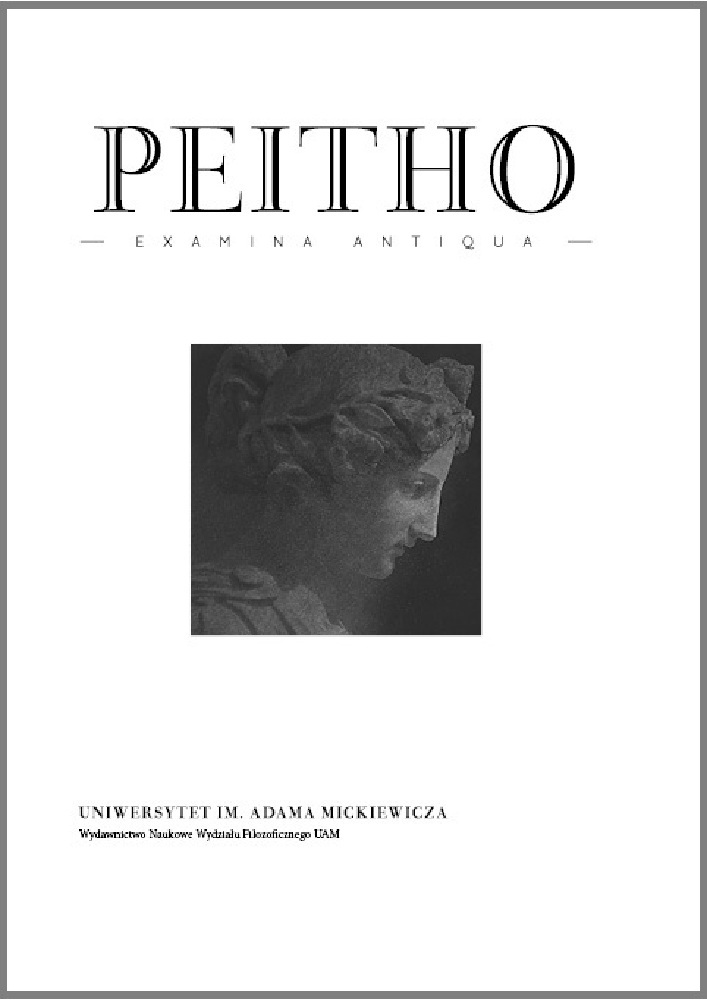Abstract
The article deals with the legal, political, philosophical and religious dimensions of Socrates’ trial and execution. It considers the issue in five separate aspects: 1) the validity of charging Socrates with impiety and corrupting the youth of the Athens; 2) the legal basis of the philosopher’s indictment; 3) the then manner of conducting a legal trial in the Athens; 4) the extent to which Socrates’ conviction can ultimately be characterized as unjust and — finally — 5) the cultural ramifications of the philosopher’s trial and execution.References
Alsberg, M., 1933, Der Prozess des Sokrates im Lichte moderner Jurisprudenz und Psychologie, Mannheim.
Beys, K., 2001a, Der Prozess des Sokrates, Athen.
Beys, K., 2001b, The Trial of Socrates, Athens.
Beys, K., 2001c, Le procès de Socrate, Athènes.
Böhme, G., 1998, Der Typ Sokrates, Frankfurt a. M.
Gigon, O., 1994, Sokrates, sein Bild in Dichtung und Geschichte, Tübingen und Basel.
Lipsius, J.H., 1908, Das attische Recht und Rechtserfahren mit Benutzung des Attischen Prozesses, Leipzig.
Mossé, C., 1999, Der Prozess des Sokrates, Herder — Spektrum.
Thür, G., 2000, Das Gerichtwesen Athens im 4. Jahrhundert v. Chr., München.
License
Peitho provides immediate open access to its content on the principle that making research freely available to the public supports a greater global exchange of knowledge.
